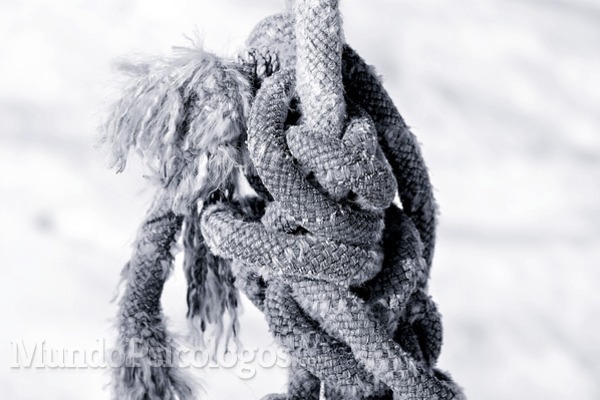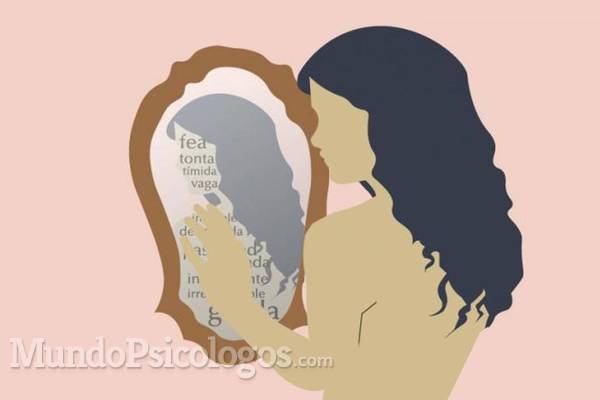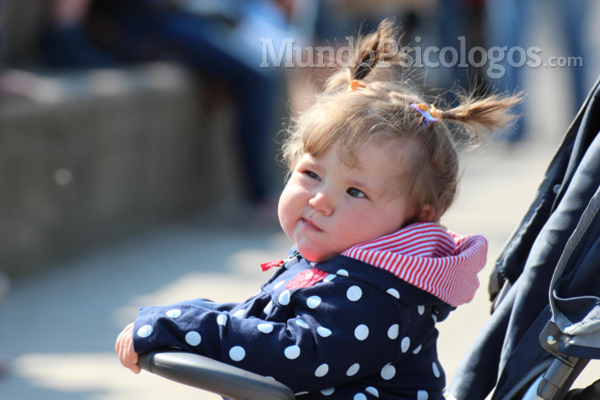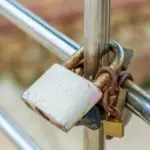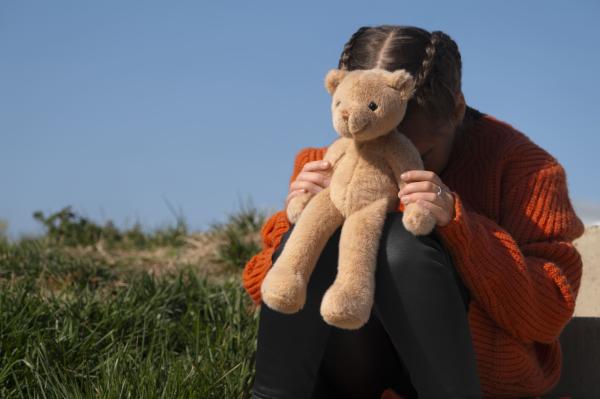
Attachment wounds in childhood leave certain traces on us that must be accepted and healed during our adult life, since they manifest as chronic pain that can influence your daily life, your way of relating to others and even your choice of a partner.
In this PsychologyFor article, we will explain How childhood attachment wounds impact adulthood so you can find answers about how these patterns underlie your current actions.
How childhood wounds affect us
Childhood is a crucial stage in our lives, where we experience fundamental emotional development and build the foundations of our self-esteem. During this time, we establish attachment bonds with our parents and family, which are of vital importance for our development. However, deficiencies, dysfunctional dynamics or imbalances can lead to attachment wounds in childhood that directly impact our adult life. These traumas, although not necessarily of great magnitude, can cause psychological consequences that affect our perception of ourselves, as well as our ability to relate, care, empathize and share emotions and feelings with others.
Insecure attachment is a pattern that can manifest itself through fear of rejection, establishing bonds, abandonment, or low self-esteem. It can also be shown in the belief that our emotions and feelings are not important, among other patterns of emotional behavior that are repeated in adult life.
How to identify injuries in childhood
There are five emotional wounds created in childhood over which we put masks during adult life. Their intensity determines the depth of the mask we create to live with them. Identifying them can be a complex process, so here we describe them:
- Rejection: If you have experienced situations of rejection in childhood, it is easy to tend to reject yourself in adult life, not feeling valid, or even not generating attachment to others. The mask that is implemented is that of being elusive or not very committed.
- Abandonment: who suffered abandonment, due to an ambivalent or contradictory attachment, tends to abandon projects, partners… However, they are people who constantly seek attention, protection and support, since their mask is the fact of being dependent people.
- Humiliation: Comparisons, ridicule, being shamed for one’s physique, attitudes or behaviors are signs of the wound of humiliation. Adults who have suffered from it are shy, indecisive and insecure, they tend to feel guilty and believe they have no freedom, so they put on the mask of the masochist.
- Treason: They are distrustful, so their mask is that of control and jealousy, since they are afraid of separation and being betrayed.
- Injustice: These are people who feel blocked and have disproportionate reactions, so their mask is rigidity. They are afraid of making mistakes and their obsession is perfection.
How to heal attachment wounds in childhood
Many adults want to work on their deficiencies with attachment and, therefore, seek the necessary help to be able to heal in a psychological therapy. Mia Program provides the keys to help people who have childhood wounds to build healthier relationships, both with themselves and with others, to know how to generate emotional bonds and to gain confidence and self-esteem.
Therapy, whether in a group or individual session, is one of the best ways to heal childhood attachment wounds, reduce demands on oneself, and eliminate all the masks imposed to survive in society. Accepting emotional wounds and forgiving those who caused them are the first steps towards personal transformation, where your support network will be essential throughout this process.
This article is merely informative, at PsychologyFor we do not have the power to make a diagnosis or recommend a treatment. We invite you to go to a psychologist to treat your particular case.
If you want to read more articles similar to Attachment Wounds in Childhood: How They Impact Adult Life we recommend that you enter our Personal Growth and Self-Help category.


